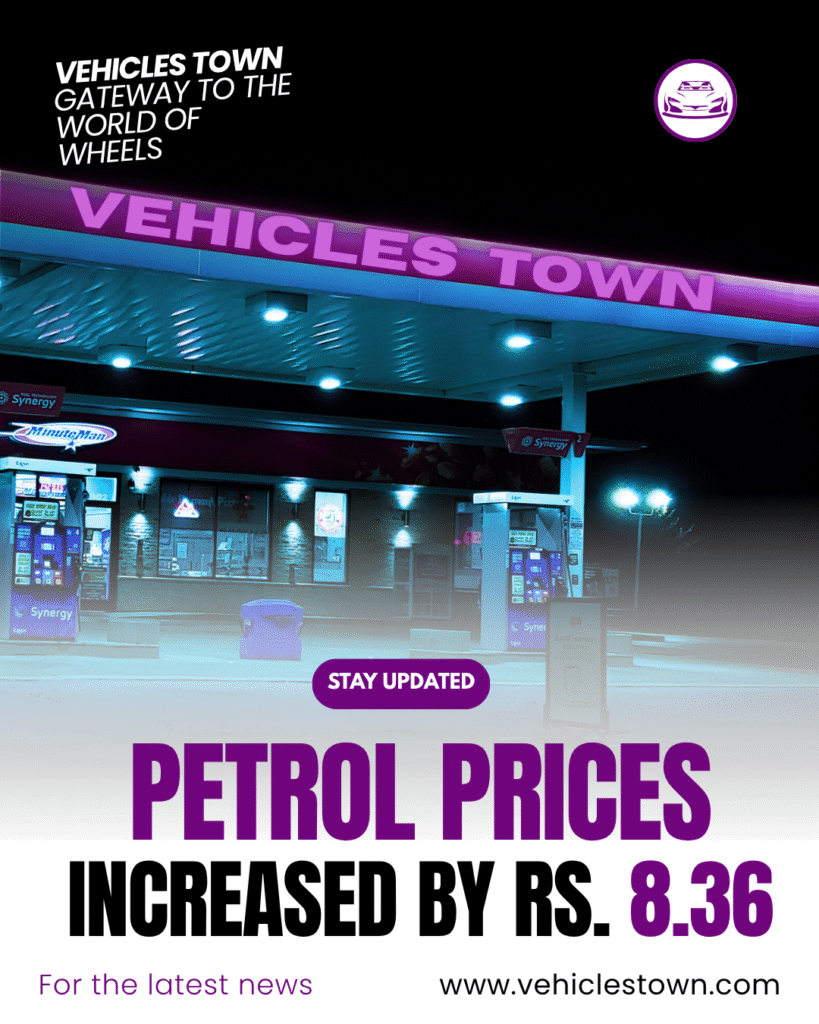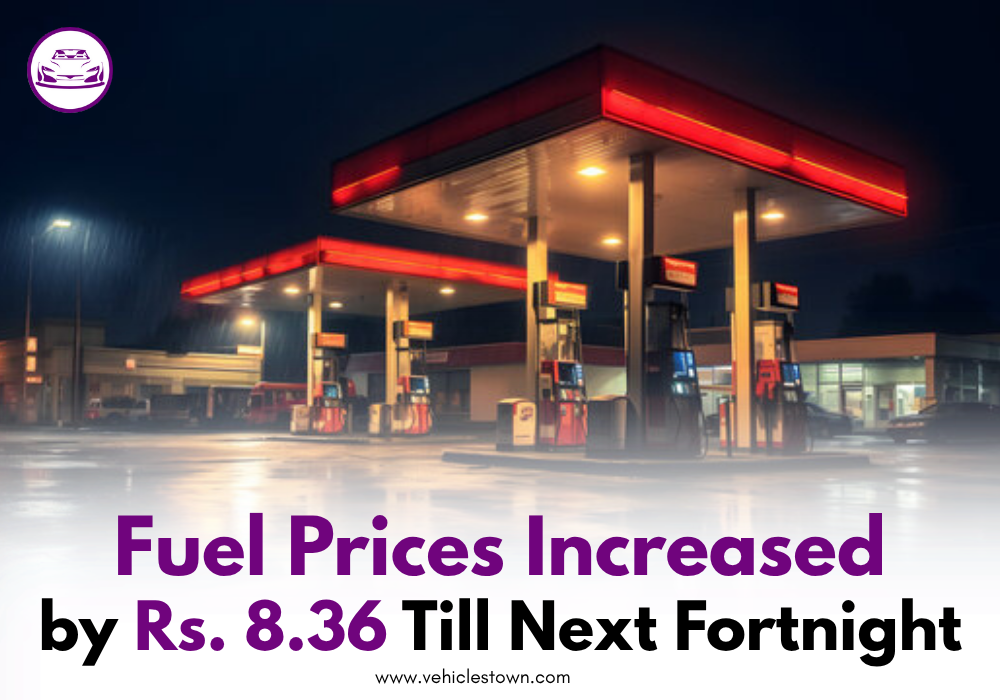Overview
On July 1, 2025, Pakistan’s Finance Division, following recommendations from OGRA and relevant ministries, raised petrol by Rs 8.36/L and diesel by Rs 10.39/L in the fortnightly fuel price revision. This results in the continuation of price increases. Petrol had already risen Rs 4.80/L and diesel Rs 7.95/L on June 16. But now there is another increase in the prices of diesel and petrol.
- What: Petrol up by Rs 8.36/L (266.79), Diesel up by Rs 10.39/L (272.98)
- Why: Hike driven by international crude price surge, rupee depreciation, and added levies
- Where: Nationwide
- When: Effective July 1, 2025, valid till July 15, 2025
- Impact: Broad inflationary pressure, increased living and transport costs, especially affecting lower-income groups
Get More Updates: Local Car Prices May Increase Up To Rs. 600,000
New Petrol Prices
| Fuel Type | Last Prices (Rs/liter) | Current Price (Rs/liter) | Increase (Rs/liter) |
|---|---|---|---|
| Petrol | 258.43 | 266.79 | +8.36 |
| High-Speed Diesel | 262.59 | 272.98 | +10.39 |

Reasons Behind the Hike
- Currency depreciation: The low value of Pakistani rupee is still losing value which results in increase of import costs.
- Policy adjustments: A new carbon levy of Rs 2.50/L has been applied with minor shifts in Petroleum Development Levy rates.
Areas
The increase in the prices of petrol and diesel is implemented across the country national wide. Petrol and diesel prices are uniformly revised based on ex-depot rates and differentiation due to IFEM (Inland Freight Equalization Margin) maintains regional price consistency.
Applicable Dates
- Effective date: July 1, 2025, the hike applies immediately and remains until the next review on July 15, 2025 (covering the first fortnight of July) .
- Previous review: June 16, 2025, with smaller increases.
Impacts Of Petrol prices Hike
- Inflation pressure: Diesel hikes have a knock-on effect in transportation and agricultural sectors, pushing up the prices of goods and essential commodities .
- Consumer burden: Middle- and lower-income households, reliant on petrol for daily commuting (cars, bikes, rickshaws), are disproportionately affected.
- Rural and transport sector strain: Increased diesel costs directly elevate costs in logistics, public transport, and farming operations, further burdening food supply chains.



